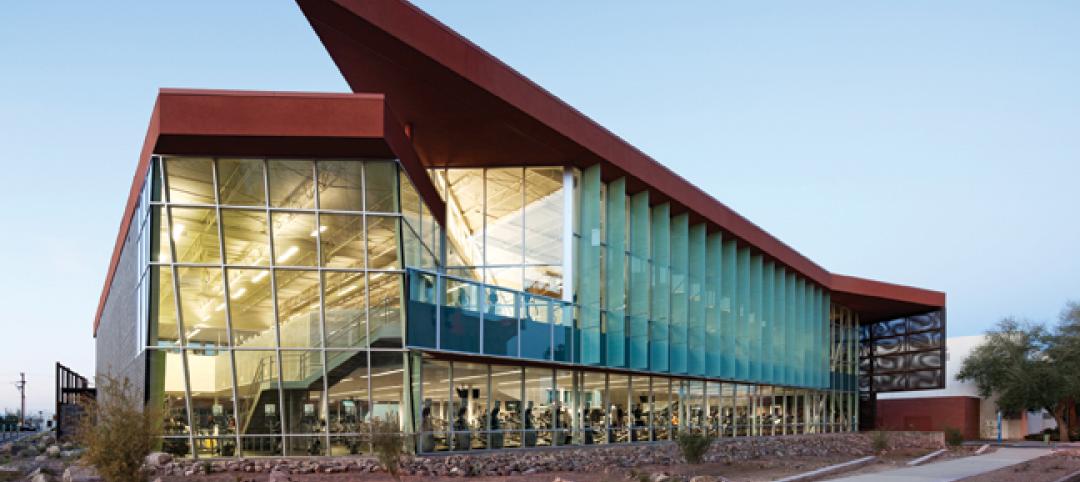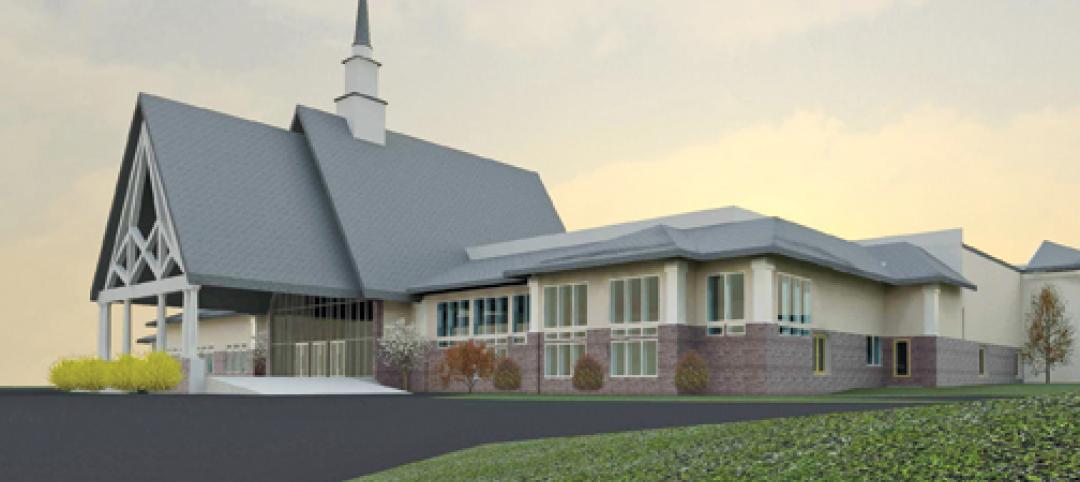Realtors who practice commercial real estate have reported an increase in annual gross income for the third year in a row, signaling the market is on the road to recovery. According to the National Association of Realtors 2013 Commercial Member Profile, transactions and sales volume have also increased since last year.
The study shows median annual gross income for 2012 was $90,200, an increase from $86,000 in 2011 and is at its highest level since 2008. Brokers and appraisers reported the highest annual gross income while sales agents reported the lowest.
The study’s results represent Realtors who practice commercial real estate; these NAR members conduct all or part of their activity in commercial sales, leasing, brokerage and development for land, office and industrial space, multifamily and retail buildings, as well as property management.
“The commercial market is showing signs of improvement, which is reflected in the positive trends in income, transactions and sales volume reported by our Realtor commercial members,” said NAR President Gary Thomas, broker-owner of Evergreen Realty in Villa Park, Calif. “This is a hopeful sign for the future. Realtors who practice commercial real estate build communities by facilitating investment and promoting the sale and lease of commercial space. There’s no doubt that commercial market improvements will help spur economic recovery and growth for our nation.”
Commercial members completed a median of eight transactions in 2012, up from last year. The median sales volume also increased from last year and was $2,507,700. Brokers typically had higher sales transaction volumes than agents. The median dollar value of sales transactions was $433,600 and the median square footage was 10,400.
Similar to the median sales volume, the median lease transaction volume increased this year by more than $70,000. In 2012 commercial members reported a median lease transaction volume of $476,400. Twenty-one percent of commercial members did not have a leasing transaction in 2012. The median dollar value of lease transactions was $169,100 and the median square footage was 4,200.
Commercial members who manage properties typically managed 40,000 square feet, representing 15 total spaces. They also typically managed 16,000 total office square feet, representing six total offices.
A majority of commercial members, 63 percent, reported they derive more than half of their annual income from the real estate industry. Thirty percent of respondents did not derive any income from commercial real estate leasing in 2012. Only 32 percent derived at least half to all of their income from leasing property. A large percentage, 85 percent, of commercial members earned at least some personal income from commercial real estate investments.
Sixty percent of NAR’s commercial members are brokers. Licensed sales agents were the next largest segment at 25 percent. Most commercial members reported working in a firm that is local and 58 percent work within an office that has a mix of commercial and residential brokers and agents.
Investment sales proved to be the most popular business specialty among commercial members. Identified by the highest proportion of members as their primary business specialty, investment sales was also the top ranked secondary specialty area. Land sales and retail leasing followed closely behind.
The typical commercial member has been in commercial real estate for 15 years and involved in real estate in some capacity for 25 years. The median length of membership in NAR among commercial members was 17 years. With a median age of 59, commercial members are also predominately male. However, women are slowly coming into the business; 33 percent of those with two or fewer years’ experience are female, and sales agents have the largest representation of women with 29 percent.
The NAR 2013 Commercial Member Profile was based on a survey of 1,796 commercial practitioners. Income and transaction data are for 2012, while other data represent member characteristics in 2013.
The National Association of Realtors, “The Voice for Real Estate,” is America’s largest trade association, representing 1 million members involved in all aspects of the residential and commercial real estate industries.
Related Stories
| Nov 9, 2010
Designing a library? Don’t focus on books
How do you design a library when print books are no longer its core business? Turn them into massive study halls. That’s what designers did at the University of Amsterdam, where they transformed the existing 27,000-sf library into a study center—without any visible books. About 2,000 students visit the facility daily and encounter workspaces instead of stacks.
| Nov 9, 2010
Turner Construction report: Green buildings still on the agenda
Green buildings continue to be on the agenda for real estate owners, developers, and corporate owner-occupants, according to the Turner 2010 Green Building Market Barometer. Key findings: Almost 90% of respondents said it was extremely or very likely they would incorporate energy-efficiency improvements in their new construction or renovation project, and 60% expected to incorporate improvements to water efficiency, indoor environmental quality, and green materials.
| Nov 5, 2010
New Millennium’s Gary Heasley on BIM, LEED, and the nonresidential market
Gary Heasley, president of New Millennium Building Systems, Fort Wayne, Ind., and EVP of its parent company, Steel Dynamics, Inc., tells BD+C’s Robert Cassidy about the Steel Joist Manufacturer’s westward expansion, its push to create BIM tools for its products, LEED, and the outlook for the nonresidential construction market.
| Nov 3, 2010
First of three green labs opens at Iowa State University
Designed by ZGF Architects, in association with OPN Architects, the Biorenewable Research Laboratory on the Ames campus of Iowa State University is the first of three projects completed as part of the school’s Biorenewables Complex. The 71,800-sf LEED Gold project is one of three wings that will make up the 210,000-sf complex.
| Nov 3, 2010
Park’s green education center a lesson in sustainability
The new Cantigny Outdoor Education Center, located within the 500-acre Cantigny Park in Wheaton, Ill., earned LEED Silver. Designed by DLA Architects, the 3,100-sf multipurpose center will serve patrons of the park’s golf courses, museums, and display garden, one of the largest such gardens in the Midwest.
| Nov 3, 2010
Public works complex gets eco-friendly addition
The renovation and expansion of the public works operations facility in Wilmette, Ill., including a 5,000-sf addition that houses administrative and engineering offices, locker rooms, and a lunch room/meeting room, is seeking LEED Gold certification.
| Nov 3, 2010
Sailing center sets course for energy efficiency, sustainability
The Milwaukee (Wis.) Community Sailing Center’s new facility on Lake Michigan counts a geothermal heating and cooling system among its sustainable features. The facility was designed for the nonprofit instructional sailing organization with energy efficiency and low operating costs in mind.
| Nov 3, 2010
Seattle University’s expanded library trying for LEED Gold
Pfeiffer Partners Architects, in collaboration with Mithun Architects, programmed, planned, and designed the $55 million renovation and expansion of Lemieux Library and McGoldrick Learning Commons at Seattle University. The LEED-Gold-designed facility’s green features include daylighting, sustainable and recycled materials, and a rain garden.
| Nov 3, 2010
Recreation center targets student health, earns LEED Platinum
Not only is the student recreation center at the University of Arizona, Tucson, the hub of student life but its new 54,000-sf addition is also super-green, having recently attained LEED Platinum certification.
| Nov 3, 2010
New church in Connecticut will serve a growing congregation
Tocci Building Companies will start digging next June for the Black Rock Congregational Church in Fairfield, Conn. Designed by Wiles Architects, the 103,000-sf multiuse facility will feature a 900-person worship center with tiered stadium seating, a children’s worship center, a chapel, an auditorium, a gymnasium, educational space, administrative offices, commercial kitchen, and a welcome center with library and lounge.
















